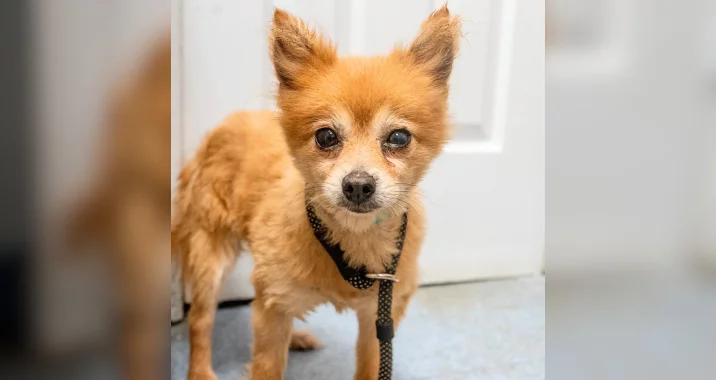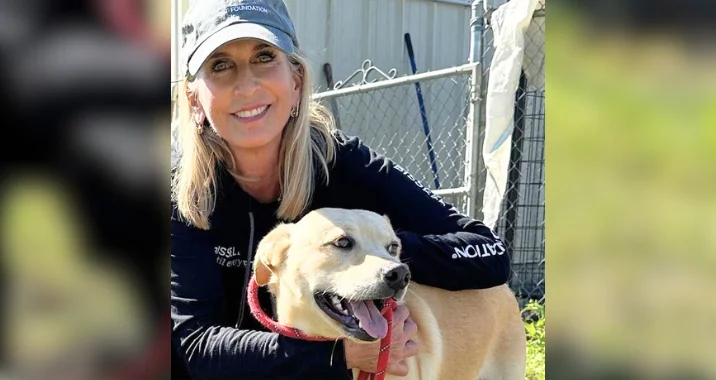Understanding the Impact of Shelter Veterinarians
Right now, shelters throughout the country face increasing disease, staffing shortages, increasing intake, and slowing adoptions. In addition, a shortage of shelter veterinarians further complicates this situation, making it increasingly difficult for shelters to provide needed care.
For those unfamiliar, shelter veterinarians are unicorns—magical and hard to find. Yet, they are vital to the health of our shelters and the pets in our communities. The average person likely has no idea a veterinarian is working at their local animal shelter, let alone the miracles they perform every day.
Shelter veterinarians do it all. They perform traditional care like vaccinating, spaying and neutering, and treating heartworm disease to keep the shelter population healthy. Additionally, they address emergencies and trauma, soothe the broken hearts of pets that lost their families, attend to endless reporting, which they must drop at a moment’s notice when staff presents a pet with an immediate need like a kitten needing eye drops. At the same time, their phones ring off the hook from local officials about a parvo outbreak or other crisis since the shelter vet follows and understands trends of what is happening with pets in the community.
American Pets Alive! estimates a national shortage of 7,000 shelter veterinarians. Without the proper number of shelter vets, staff cannot meet the treatment demands of the animals in their care. Adoptions slow down due to the backlog of medical treatment and spay/neuter. Shelter veterinarians touch thousands of animals, and their absence is felt both inside and outside the shelter. As an industry, we can help by raising awareness around the critical role of our shelter veterinarians and their significance to community pets, both owned and unowned.
Vaccine clinics are a simple way to help during this time of crisis. We can significantly decrease the burden on our shelter veterinarians by ensuring all pets in the community are vaccinated, especially in distemper hot zone areas such as Texas and Louisiana. Let’s give every pet the vaccines needed to remain healthy. Then, shelter veterinarians can focus on getting animals out the door, treating routine medical issues and emergencies, and spaying and neutering.
I will stand up for shelter veterinarians, staff, and pets at animal shelters by supporting as many vaccine clinics as our small foundation possibly can for the rest of the year.
To all the shelter veterinarians out there, thank you. BPF will continue to fight for you.
Until every pet has a home,
Cathy Bissell



